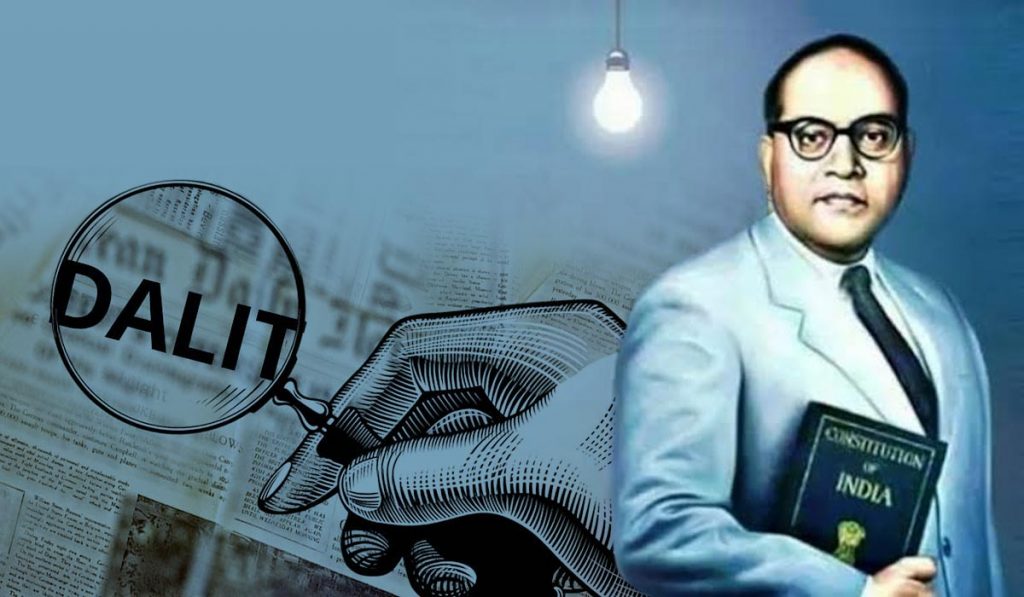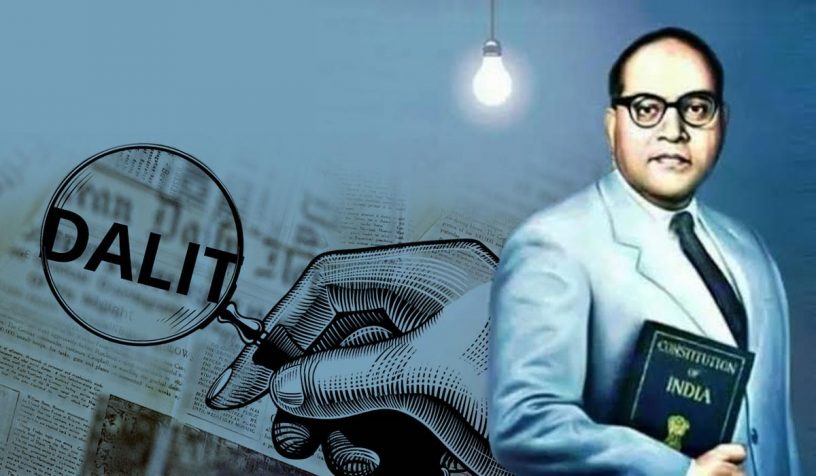
The author argues that the popular appeal of the Constitution has been used by Dalits to revive Ambedkar’s legacy, and reclaim their space and dignity in society.
Author
Anurag Bhaskar, Assistant Professor, Jindal Global Law School, O.P. Jindal Global University, Sonipat, Haryana, India.
Summary
During the last few decades, India has witnessed two interesting phenomena. First, the Indian Constitution has started to be known as ‘Ambedkar’s Constitution’ in popular discourse. Second, the Dalits have been celebrating the Constitution. These two phenomena and the connection between them have been understudied in the anti-caste discourse.
However, there are two generalised views on these aspects. One view is that Dalits practice a politics of restraint, and therefore show allegiance to the Constitution which was drafted by the Ambedkar-led Drafting Committee.
The other view criticises the constitutional culture of Dalits and invokes Ambedkar’s rhetorical quote of burning the Constitution. This article critiques both these approaches and argues that none of these fully explores and reflects the phenomenon of constitutionalism by Dalits as an anti-caste social justice agenda. It studies the potential of the Indian Constitution and responds to the claim of Ambedkar burning the Constitution.
The author argues that Dalits showing ownership to the Constitution is directly linked to the anti-caste movement. The author further argues that the popular appeal of the Constitution has been used by Dalits to revive Ambedkar’s legacy, reclaim their space and dignity in society, and mobilise radically against the backlash of the so-called upper castes.
Published in: CASTE / A Global Journal on Social Exclusion
To read the full article, please click here.


